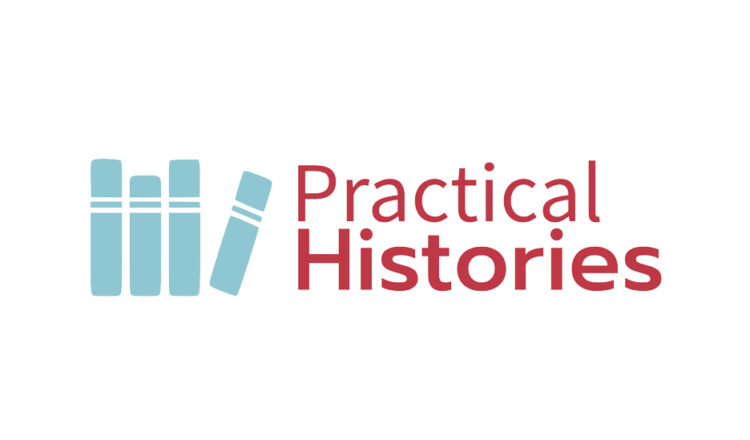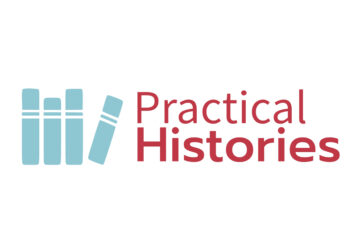Welcome back to Practical Histories.
We are excited to offer the fourth edition of this free online history teaching magazine.
Practical Histories Conference
We are also thrilled to be hosting our first ever face to face history conference at The University of Sussex on 18 June. The day will include a keynote from Aaron and one from Dale Banham and Ian Luff AND workshops from some nationally acclaimed speakers as well as contributors to Practical Histories.
With support from the University of Sussex, we have kept costs to a minimum.
You can find out more and book your place here.
This Edition
This edition again sees contributions from across the spectrum of the history education world.
Tim Jenner, Ofsted’s National Lead for History summarises Ofsted’s Research Review into History. This is pretty important stuff as the research review informs what Ofsted expect to see when inspectors visit schools and conduct a deep dive into a history department.
There is an article by The Secret Examiner, someone involved in the examination process for history in the past. The Secret Examiner discusses techniques you can use to ensure your pupils a really clear on the demands of the exam paper. The exam paper should be seen as a friend and not a foe.
Professor Peter Mandler from the University of Cambridge explains how a research project between historians and history teachers worked to develop free resources to help teach social change after 1945. You can download the resources here too.
Teacher educator John Hough considers how the classic PEE paragraph used by many history teachers could actually be hindering your students’ ability to write well.
History teaching colleagues from Hampshire, Neil Bates and Robbie Bowry explain how they used their pupils’ voices to help them improve their teaching. They describe how their students helped to guide and shape some of their enquiries.
Tom Cox and Jake Watts, history teachers from West Sussex discuss how they tried to use the written work of historians to help deepen their students’ contextual knowledge. The results of their study are most revealing.
Finally, co-editor Aaron Wilkes chooses his own Where in History – the time or place in history that he would liked to have witnessed.
We hope you enjoy this edition as much as we have enjoyed putting it together.

Richard McFahn and Aaron Wilkes are co-founders and editors of PracticalHistories.com. Between them, they have roughly 50 years of experience teaching History and in education publishing.




